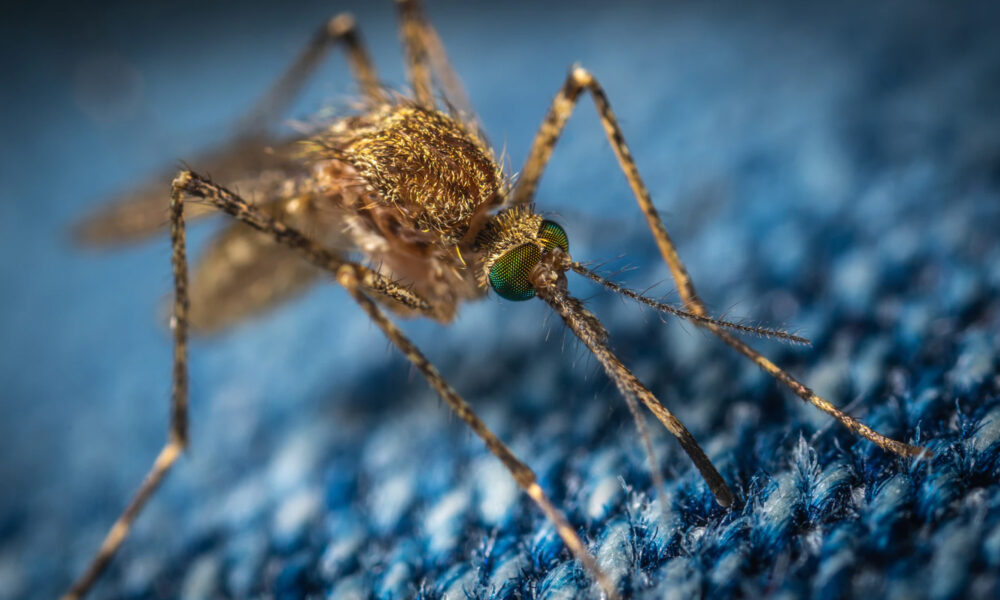News
Istanbul Fights Disease-Carrying Mosquitoes Using A Smartphone App
There are approximately 190,000 mosquito habitats in Istanbul, and 80% of them wouldn’t exist if it wasn’t for humans creating ideal breeding conditions.

With the world’s attention focused on the still ongoing coronavirus pandemic, it’s easy to forget that there are many other serious health problems affecting the lives of people around the world. Istanbul is one of the countless cities that have been invaded by disease-carrying mosquitoes, and the city’s civic body has recently decided to solve this problem using modern technology.
More specifically, the Istanbul Municipality has released a smartphone app whose purpose is to identify different mosquito species in the city and create a real-time map showing their location. The gathered information will allow city officials to take appropriate actions in order to stop, or at least slow down, the spread of mosquitoes in the city of hundred names.
The biggest challenge is the fact that not all Istanbul residents own high-end smartphones with high-resolution cameras capable of taking detailed pictures of tiny mosquitoes, especially under poor lighting conditions. That said, even less-than-ideal pictures can help officials map out the general presence of mosquitoes in Istanbul, which can go a long way in tackling the infestation.
Önder Yüksel Eryiğit, a senior municipal official, said that there are approximately 190,000 mosquito habitats in Istanbul, and 80 percent of them wouldn’t exist if it wasn’t for humans creating ideal breeding conditions for mosquitoes.
Also Read: FDA Approves Israeli Cancer-Freezing Technology
Academics have warned the Istanbul Municipality about the possibility of mosquitoes infected with Zika and West Nile viruses already making the city their new home. To prevent a deadly outbreak of these and other infectious diseases, it’s important to act quickly and avoid letting the problem get out of hand.
This certainly isn’t the first application of mobile apps in the Middle East for the purposes of solving pressing healthcare issues, and it’s safe to say that it won’t be the last. For example, during the early stages of the coronavirus pandemic, a group of 16 technology enthusiasts from Turkey developed a contact-tracing app to instantly alert users who had contact with infected people.